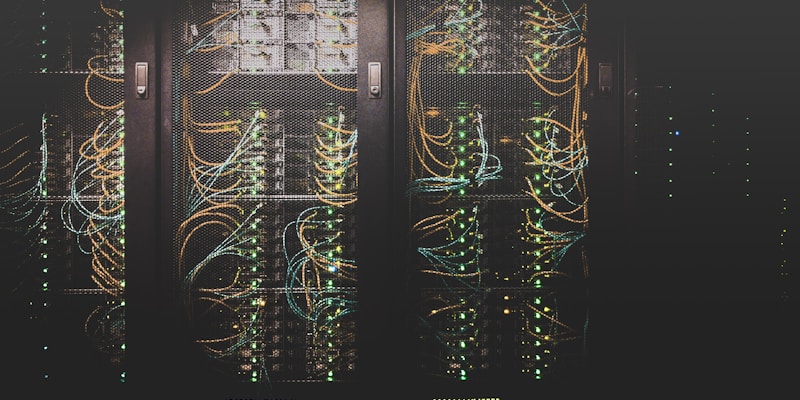
What is a VPN and How Does It Work? A Complete Guide
In today's digital world, online privacy and security have become more important than ever. Virtual Private Networks (VPNs) have emerged as essential tools for protecting your online activities. But what exactly is a VPN, and how does it work? This comprehensive guide will explain everything you need to know in simple, easy-to-understand language.
What is a VPN?
A Virtual Private Network (VPN) is a technology that creates a secure, encrypted connection between your device and the internet. Think of it as a private tunnel that protects your data from prying eyes, hackers, and even your internet service provider.
How Does a VPN Work?
When you connect to a VPN service, here's what happens:
- Encryption: Your data is encrypted before leaving your device
- Tunneling: The encrypted data travels through a secure tunnel
- Server Connection: Your data reaches the VPN server
- Decryption: The server decrypts your data and sends it to the intended destination
- IP Masking: Websites see the VPN server's IP address, not yours
Key Benefits of Using a VPN
- Enhanced Security: Protects your data from hackers and cybercriminals
- Privacy Protection: Keeps your online activities private from ISPs and advertisers
- Access Geo-Restricted Content: Allows you to access content from different regions
- Safe Public Wi-Fi Use: Protects you when using public Wi-Fi networks
- Bypass Censorship: Helps access information in restricted regions
Who Should Use a VPN?
- Remote workers accessing company resources
- Travelers needing secure internet connections
- Anyone concerned about online privacy
- People wanting to access geo-restricted content
- Journalists and activists in restrictive countries
How to Choose the Right VPN
When selecting a VPN service, consider these factors:
- No-logs policy: Ensures your activities aren't recorded
- Server locations: More locations mean better access to geo-restricted content
- Speed and performance: Look for unlimited bandwidth and fast connections
- Security protocols: Modern protocols like WireGuard, OpenVPN, or IKEv2
- Device compatibility: Support for all your devices
- Price and value: Balance cost with features offered
Common VPN Myths Debunked
Myth 1: VPNs are only for tech experts
Reality: Modern VPNs are user-friendly and require no technical knowledge
Myth 2: Free VPNs are just as good as paid ones
Reality: Free VPNs often have limitations, slower speeds, and may sell your data
Myth 3: VPNs slow down your internet significantly
Reality: Quality VPNs have minimal impact on speed, and some even improve it
Conclusion
VPNs are powerful tools for protecting your online privacy and security. By understanding how they work and their benefits, you can make an informed decision about whether a VPN is right for you. In an age where digital privacy is increasingly important, investing in a good VPN service is a smart decision for anyone who values their online security and freedom.
Remember to choose a reputable VPN provider that respects your privacy and offers the features you need. Stay safe, stay private, and enjoy the freedom that comes with using a VPN!







